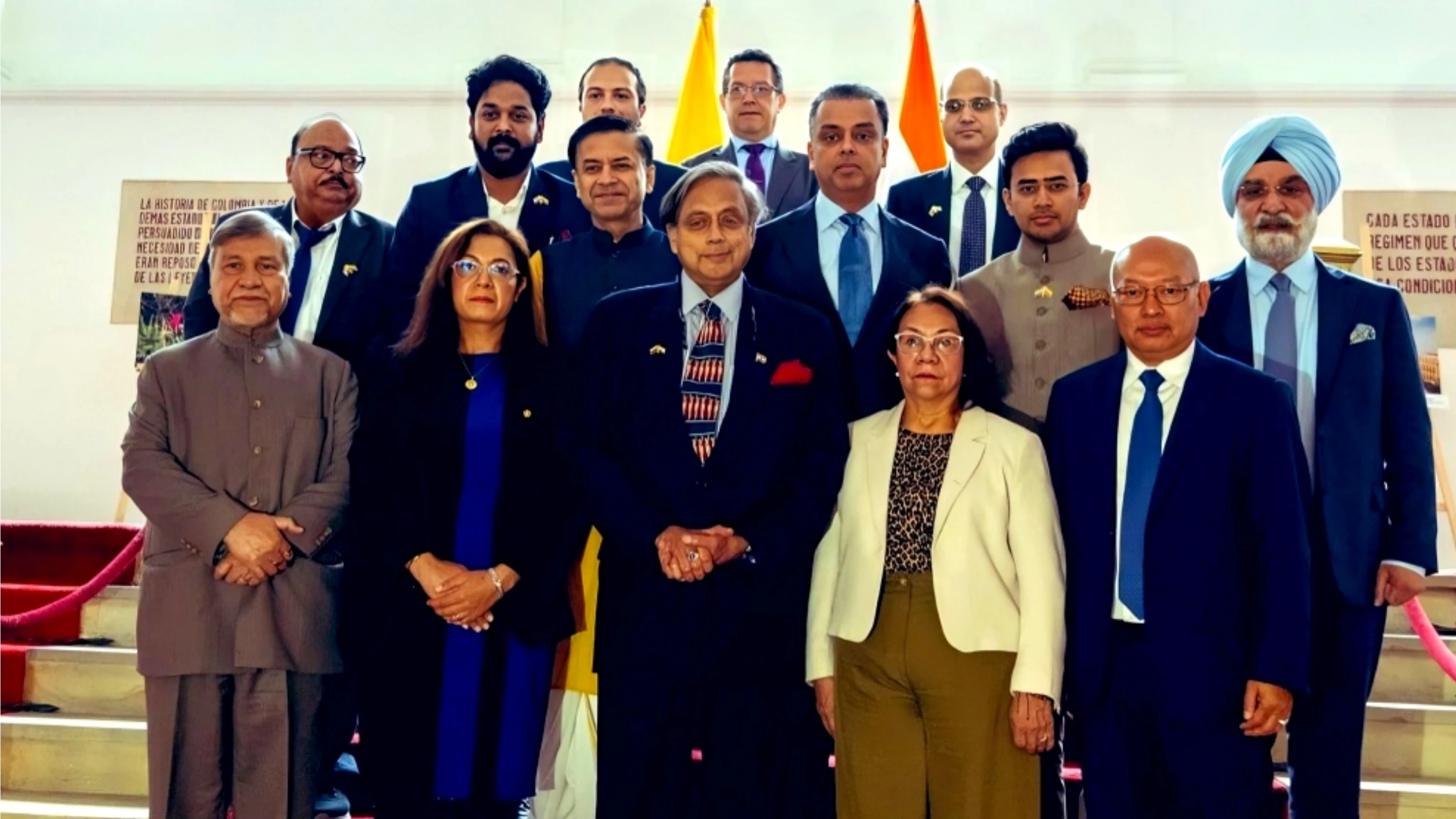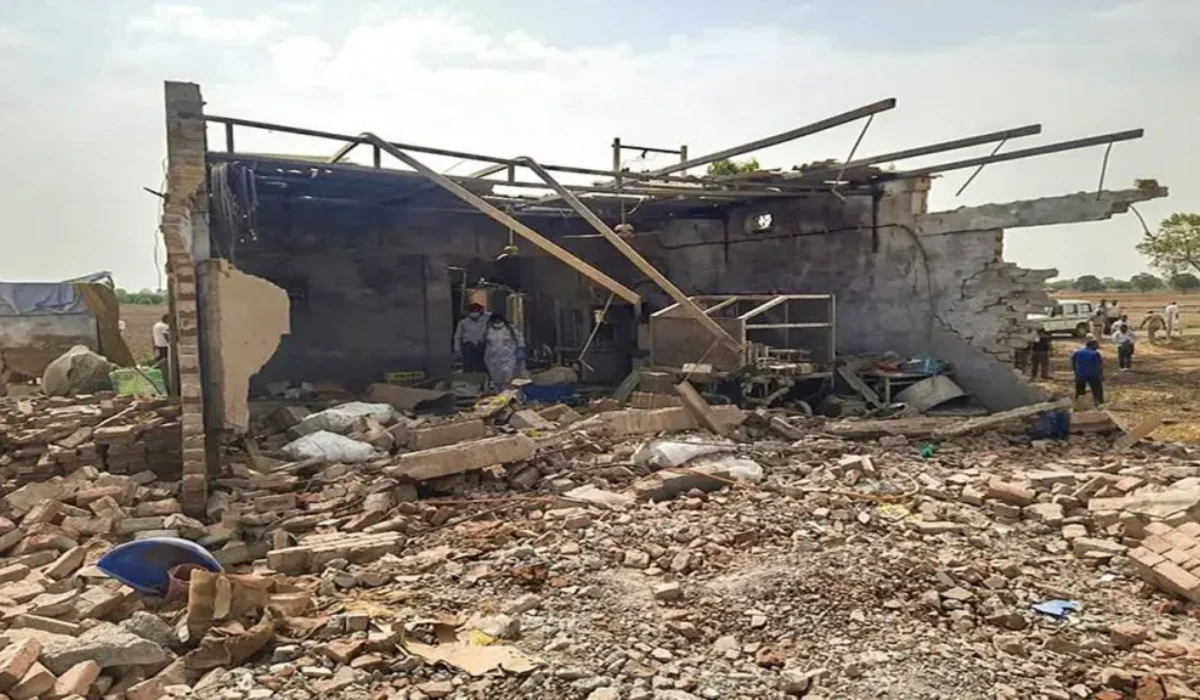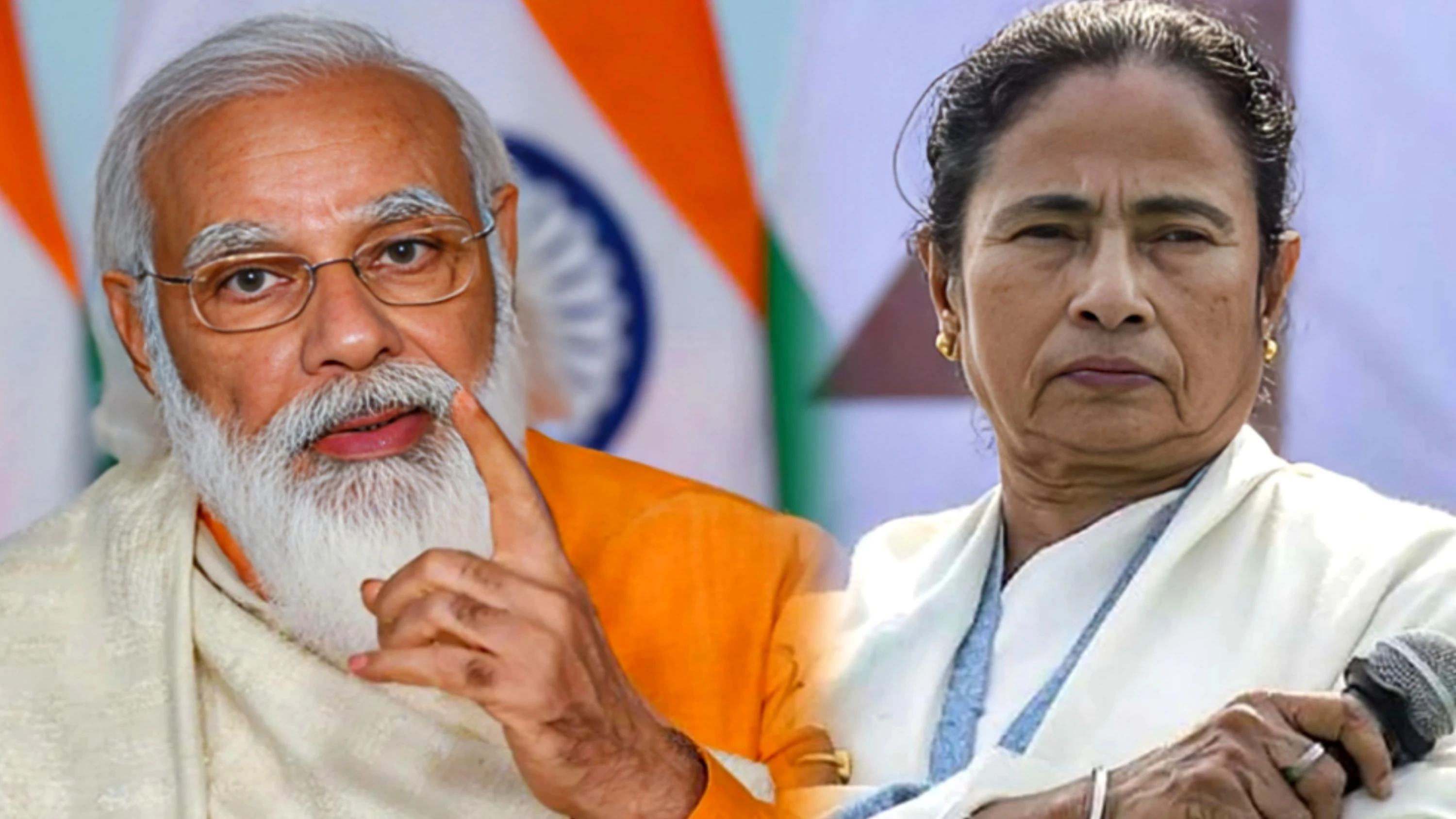New Delhi/Srinagar/Doha, 1st May: Saudi Arabia and Qatar on Wednesday publicly urged India and Pakistan to exercise restraint and resolve disputes peacefully, amid a sharp rise in hostilities between the two nuclear-armed neighbors. In official statements, both Gulf monarchies expressed “deep concern” over the latest crisis and called on Delhi and Islamabad to de-escalate tensions through dialogue. The appeals came as India and Pakistan traded diplomatic and military reprisals following a deadly militant attack in Kashmir.
Qatar’s Foreign Ministry said it was “deeply concerned” by the escalation and “called on both sides to exercise maximum restraint, [to] prevail the voice of wisdom, [and to resolve the crisis through diplomatic channels”. In a statement released in Doha, Qatar reiterated its “full support for all efforts aimed at de-escalating tensions” and stressed that “dialogue remains the best option” for resolving disputes. The Qatari statement noted that both India and Pakistan are friendly nations and urged them to work through peaceful means.
Similarly, Saudi Arabia’s foreign ministry issued a rare appeal urging calm. In a terse statement carried by the official Saudi Press Agency, the kingdom “called on both countries to de-escalate, avoid further escalation, and resolve disputes through diplomatic means,” emphasizing “good neighborliness” and “stability and peace” for the region. The Saudi statement noted its “concern over the escalating tensions” along the India–Pakistan border and said that both sides must serve “the interests of both their peoples and the peoples of the region” by seeking diplomatic solutions.
The urgent Gulf appeals followed a particularly tense week. On April 22, militants attacked a tourist bus in Indian-administered Kashmir’s Pahalgam valley, killing 26 Hindu pilgrims – the deadliest such incident in 17 years. New Delhi immediately accused Pakistan-based jihadist groups of responsibility, suspended the 1960 Indus Waters Treaty and closed the only official land border crossing with Pakistan. Islamabad denied any role in the attack and retaliated by barring Indian flights from its airspace, stopping overland trade (even through third countries), and halting special visa programs for Indian citizens. Both countries have since reported sporadic firing along the Kashmir Line of Control, raising fears of further escalation.
Saudi Arabia and Qatar maintain close ties with both India and Pakistan, and analysts say they have an interest in preventing an open conflict. Saudi Arabia is one of India’s top oil suppliers and has deep investment and security links with New Delhi. It is also a long-time ally of Pakistan, hosting millions of Pakistani expatriate workers and providing Islamabad with financial support. Qatar, the world’s largest LNG exporter, is likewise a major energy and trade partner for India and has been deepening ties with Islamabad. Gulf leaders have occasionally been looked to as potential mediators: Sultan Mahmood Chaudhry, the president of Pakistan-administered Kashmir, recently said that Saudi Arabia, Qatar and the UAE “could be in a position to mediate” to avert conflict.
India and Pakistan themselves have so far given little sign of backtracking. India’s government has condemned the Kashmir attack as terrorism and vowed to pursue the suspects, but it has not publicly responded to the Gulf statements. Pakistan’s officials, meanwhile, expressed appreciation for international calls for restraint. Islamabad’s foreign office reiterated that Pakistan “condemns terrorism in all forms” and warned it would respond “assuredly and decisively” if attacked. Prime Minister Shehbaz Sharif asked the United States this week to urge India to “dial down the rhetoric and act responsibly” amid the crisis.
Gulf mediation efforts carry broader diplomatic significance. The appeals illustrate how Gulf Cooperation Council (GCC) states are increasingly engaging in South Asian affairs. With huge expatriate Indian and Pakistani communities in the Gulf and expanding economic ties, Gulf capitals have a stake in regional stability. In recent months, Riyadh and Doha have also moved closer to New Delhi — for example by finalizing major energy and defence pacts during Prime Minister Modi’s visit to Jeddah — even as they retain strategic ties to Islamabad. Foreign policy experts say the Gulf push for dialogue reflects its governments’ interest in preventing an India–Pakistan war that could disrupt energy markets and threaten their own security interests.
Sources: Official Qatar and Saudi statements as reported by Gulf Times and other news services; Reuters reporting on India–Pakistan tensions and recent incidents; commentary on Gulf-South Asia relations.







